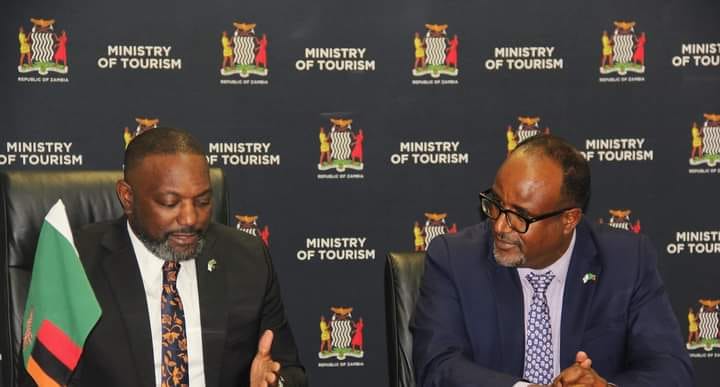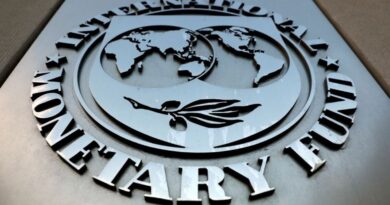Zambia Secures $100 Million World Bank Debt to Boost Green Tourism Initiatives
The Zambian government has contracted a $100 million debt from the World Bank to support sustainable tourism. The funds will be directed towards the Zambia Green, Resilient, and Transformational Tourism Development Project (GREAT – TDP), officially effective as of January 10th, 2024, according to an announcement by Minister of Tourism, Rondey Sikumba.
The debt is specifically earmarked to enhance emerging tourism destinations, with a primary focus on Liuwa Plains National Park, the source of the Zambezi River, and Kasaba Bay. Of the $100 million, a substantial $78 million is allocated for infrastructure development. This investment will contribute to the rehabilitation of airstrips, roads, bridges, and airport facilities in the targeted tourism areas.
During a press briefing, Minister Sikumba emphasized the strategic importance of these funds in promoting green tourism and supporting the development of key tourist attractions. The move aligns with Zambia’s commitment to fostering sustainable tourism practices.
World Bank Country Director for Zambia, Nathan Belete, commended the Zambian government and the Ministry of Tourism for the effective initiation of the Zambia Green, Resilient, and Transformational Tourism Development Project. This partnership signifies a significant step towards enhancing the country’s tourism sector.
In further details from the national budget for 2024, the government has allocated K94 million for Kasaba Bay and an additional K50 million for Liuwa National Park. These budget allocations affirm the government’s dedication to the successful implementation of the project, with a focus on the development of specific tourist destinations.
The Zambia Green, Resilient, and Transformational Tourism Development Project is expected to not only bolster infrastructure but also contribute to the overall growth and sustainability of tourism in the country. The initiative is set to create a positive impact on local communities, wildlife conservation efforts, and the tourism industry as a whole.
Additional Source: Zambian Business Times



